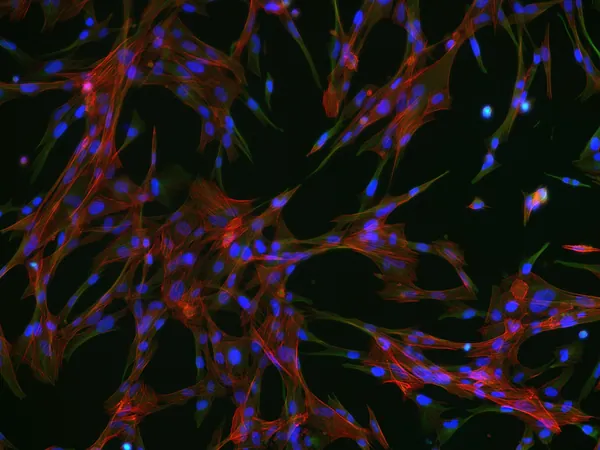
Last Chance to Save the Hawaiian Honeycreeper: Urgent Interventions Needed Now!
2025-05-29
Author: Wei
A Race Against Time for the Hawaiian Honeycreeper
In a stunning revelation from a collaboration between the San Diego Zoo Wildlife Alliance and Smithsonian's National Zoo & Conservation Biology Institute, a new study shines a dreaded spotlight on the plight of Hawaiian honeycreepers—an iconic group of forest birds teetering on the edge of extinction.
With only 17 out of an estimated 60 species still alive, most face rapid declines largely due to avian malaria, a tick-tocking threat portrayed vividly in a groundbreaking study published in Current Biology.
Hope for Survival: Genetics May Hold the Key
Dr. Christopher Kyriazis, the lead author of the study, urges immediate action: "Our insights into their genetic makeup reveal that saving the critically endangered 'akeke'e is not out of reach—but time is running out!" This revelation comes as population numbers sink to alarming lows.
The Mosquito Menace: A Rising Tide of Avian Malaria
Warming temperatures have allowed non-native mosquitoes—carriers of avian malaria—to invade higher altitudes, leaving Hawaiian honeycreepers with nowhere to escape. The devastating impacts are especially pronounced on the island of Kaua'i, where these birds lack high-elevation habitats.
Heartbreaking Declines: The Statistics Are Grim
Two critically endangered species endemic to Kaua'i, the 'akikiki and 'akeke'e, have suffered staggering declines, with populations plummeting by over 99% in the last 20 years. Current conservation efforts include innovative strategies like releasing sterile male mosquitoes to control their breeding.
Genomic Insights and Genetic Diversity: A Double-Edged Sword
Genomic analysis of the 'akikiki, 'akeke'e, and even the extinct po'ouli shows that, despite their dire situations, Hawaiian honeycreepers maintain significant genetic diversity. This characteristic could either provide resilience against extinction or, conversely, lead to vulnerabilities due to inbreeding as population sizes dwindle.
Inbreeding Crisis: Already a Harsh Reality
The plight of the 'akikiki is particularly alarming, as evidence suggests the birds in the conservation breeding program are largely inbred. This inbreeding translates to fewer offspring and lower survival rates, stressing the urgent need for improved genetic management.
The Po'ouli's Legacy: Lessons for Future Generations
The heartbreaking story of the po'ouli, which has permanently vanished from our world, has left behind invaluable genetic insights. Thanks to biobanking efforts initiated by the San Diego Zoo Wildlife Alliance, researchers are now sequencing the po'ouli genome, gathering crucial evolutionary data that could aid in the conservation of other endangered species.
Time is of the Essence: Can We Act Before It's Too Late?
As Dr. Oliver Ryder poignantly put it, "We will never hear the po'ouli honeycreeper's song again, but we can learn from its genetic code." The clock is ticking, and without immediate intervention, we may lose another piece of our planet's extraordinary biodiversity forever.




 Brasil (PT)
Brasil (PT)
 Canada (EN)
Canada (EN)
 Chile (ES)
Chile (ES)
 Česko (CS)
Česko (CS)
 대한민국 (KO)
대한민국 (KO)
 España (ES)
España (ES)
 France (FR)
France (FR)
 Hong Kong (EN)
Hong Kong (EN)
 Italia (IT)
Italia (IT)
 日本 (JA)
日本 (JA)
 Magyarország (HU)
Magyarország (HU)
 Norge (NO)
Norge (NO)
 Polska (PL)
Polska (PL)
 Schweiz (DE)
Schweiz (DE)
 Singapore (EN)
Singapore (EN)
 Sverige (SV)
Sverige (SV)
 Suomi (FI)
Suomi (FI)
 Türkiye (TR)
Türkiye (TR)
 الإمارات العربية المتحدة (AR)
الإمارات العربية المتحدة (AR)